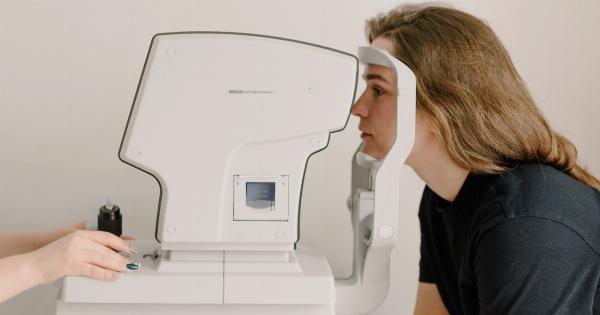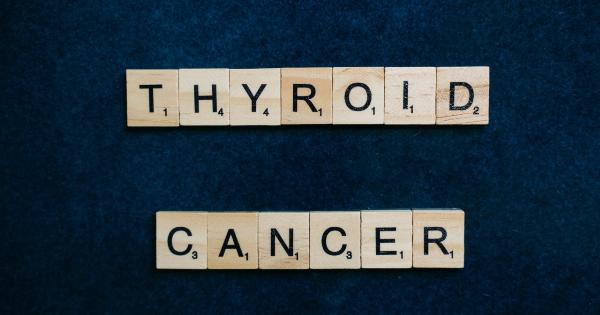Iodine is a naturally occurring chemical element that is essential for the proper functioning of the body. Iodine is a critical component in the production of thyroid hormones, which regulate the metabolism of the body.
The human body does not naturally produce iodine. Therefore, it needs to be obtained through diet or supplements.
What is Iodine Deficiency?
Iodine deficiency is a condition that occurs when the body does not have enough iodine. Iodine deficiency is a significant public health issue, affecting an estimated 2 billion people worldwide.
Iodine deficiency is the leading cause of preventable intellectual disability in the world.
Symptoms of Iodine Deficiency
The symptoms of iodine deficiency can vary, depending on the severity of the deficiency.
- Weight gain
- Swelling of the thyroid gland (goiter)
- Fatigue
- Weakness
- Dry skin
- Increased sensitivity to cold
- Constipation
- Depression
- Hair loss
- Cognitive impairment
- Delayed growth and development in children
Causes of Iodine Deficiency
Iodine deficiency can occur due to various reasons. The following are a few common causes of iodine deficiency:.
- Poor diet: People who do not eat enough iodine-rich foods may develop iodine deficiency.
- Pregnancy: Pregnant women need more iodine to support fetal development. The iodine needs of pregnant women are higher than those of non-pregnant women of the same age.
- Breastfeeding: Breastfeeding increases the demand for iodine, because iodine passes from a mother’s milk to her baby. If a mother doesn’t have enough iodine in her body, her baby may also develop iodine deficiency.
- Regions with iodine-deficient soil: Iodine levels in the soil vary depending on the region. People living in areas with iodine-deficient soil may develop iodine deficiency.
Complications of Iodine Deficiency
The complications of iodine deficiency depend on the severity of the deficiency and how long it has been present. The following are a few complications of iodine deficiency:.
- Hypothyroidism: Iodine deficiency is the leading cause of hypothyroidism (an underactive thyroid gland).
- Goiter: A goiter is an abnormal enlargement of the thyroid gland that can cause difficulty swallowing and breathing.
- Cretinism: The most severe form of iodine deficiency, cretinism, is a condition that affects babies born to mothers who are severely iodine deficient during pregnancy. Cretinism can cause intellectual disability, stunted growth, and other developmental abnormalities.
Diagnosing Iodine Deficiency
Diagnosing iodine deficiency involves measuring the levels of iodine in the urine or blood. A doctor may also perform a physical exam to check for a goiter or other symptoms of iodine deficiency.
Treatment and Prevention of Iodine Deficiency
The treatment of iodine deficiency involves increasing the intake of iodine. There are several ways to do this, including:.
- Iodized salt: Iodized salt is a salt that has been fortified with iodine. It is the most common source of dietary iodine in many countries.
- Seafood: Seafood, especially seaweed, is a good source of iodine.
- Supplements: Iodine supplements are available over-the-counter and can help increase iodine levels in the body.
Preventing iodine deficiency involves making sure that you get enough iodine in your diet, especially if you are pregnant or breastfeeding.
Conclusion
Iodine deficiency is a significant public health issue that affects millions of people worldwide. If left untreated, iodine deficiency can lead to hypothyroidism, goiter, and even cretinism in severe cases.
Fortunately, iodine deficiency is easy to diagnose and treat with iodized salt, seafood, or supplements. Preventing iodine deficiency involves making sure that you get enough iodine in your diet, especially if you are pregnant or breastfeeding.


























